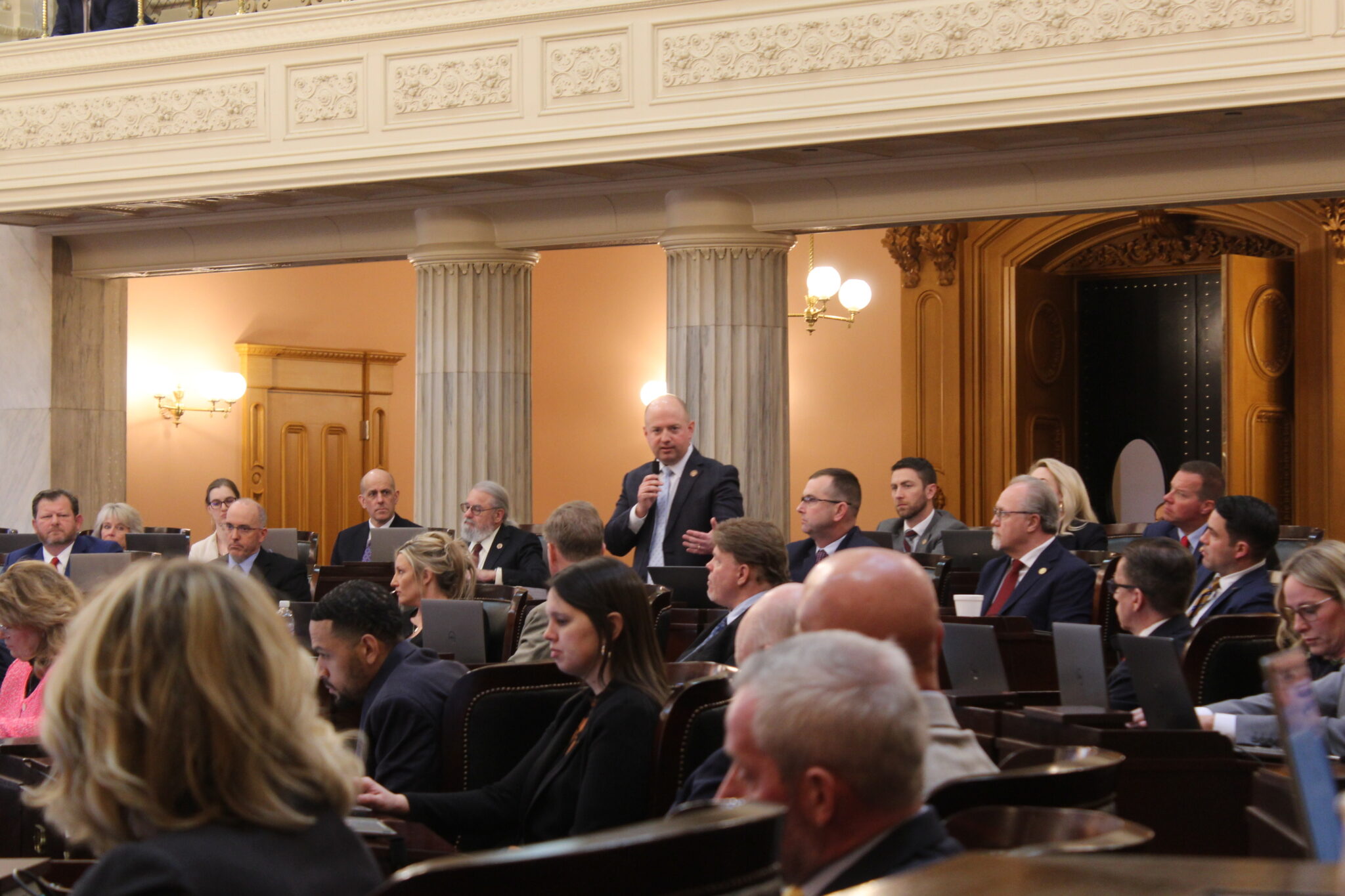Campaign Watchdog Faces Axe: Ohio House Budget Moves to Dismantle Independent Finance Oversight

In a surprising move, Ohio lawmakers have quietly proposed dismantling the state's independent campaign finance watchdog through a last-minute budget amendment. Buried deep within a massive 5,000-page legislative document, the provision would effectively eliminate the group responsible for enforcing campaign finance regulations.
The controversial change was strategically inserted just one day before the budget vote, raising eyebrows among government transparency advocates. By tucking this significant policy shift into the complex budget bill, lawmakers appear to be attempting to minimize public scrutiny and debate about the proposed dissolution of the independent oversight group.
This maneuver highlights the potential risks of massive omnibus bills, where consequential policy changes can be hidden within hundreds of pages of legislative text. Critics argue that such tactics undermine the democratic process by preventing meaningful public discussion and review of important governmental changes.
